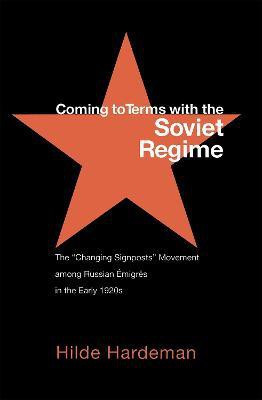Coming to Terms with the Soviet Regime(English, Hardcover, Hardeman Hilde)
Quick Overview
Product Price Comparison
The Bolshevik takeover in 1917 and the subsequent Civil War drove thousands of Russians into exile. Expecting the Bolshevik dictatorship would soon collapse, they settled in the West, waiting for the moment they could leave their refuges in Berlin, Prague, and Paris and return to their homeland in triumph. But as the Reds tightened their grip, these emigres faced the dilemma of coming to terms with their enemies or accepting the loneliness of exile. Early in the 1920s, some of the emigres began to argue for an end to resistance, pleading that the Russian nation and state could be saved only if opposition to Soviet power came to an end. The smenovekhovstvo ("changing signposts") movement called for emigres to come to terms with the Soviet regime. Taking its name from a collection of articles written by young emigre intellectuals who had fought on the side of the Whites in the Civil War, the movement appealed for an end to the anti-Bolshevik struggle, the acceptance of the October Revolution as a Russian national revolution, and the return of the emigres to help rebuild Russia. Coming to Terms with the Soviet Regime traces the rise of the smenovekhovstvo movement among the emigres and those anti-Bolshevik intellectuals who had remained in Russia. The first comprehensive study of this long-ignored and critical subject, it broadens our understanding of the Russian intelligentsia and sheds new light on the relationship of the emigre community to the intellectual and political forces in their homeland. Of particular interest to historians of the Russian emigration and the Russian intelligentsia, Hardeman's study serves also as a sensitive case study of how men and women struggled to come to grips with the victory of the Bolsheviks.


